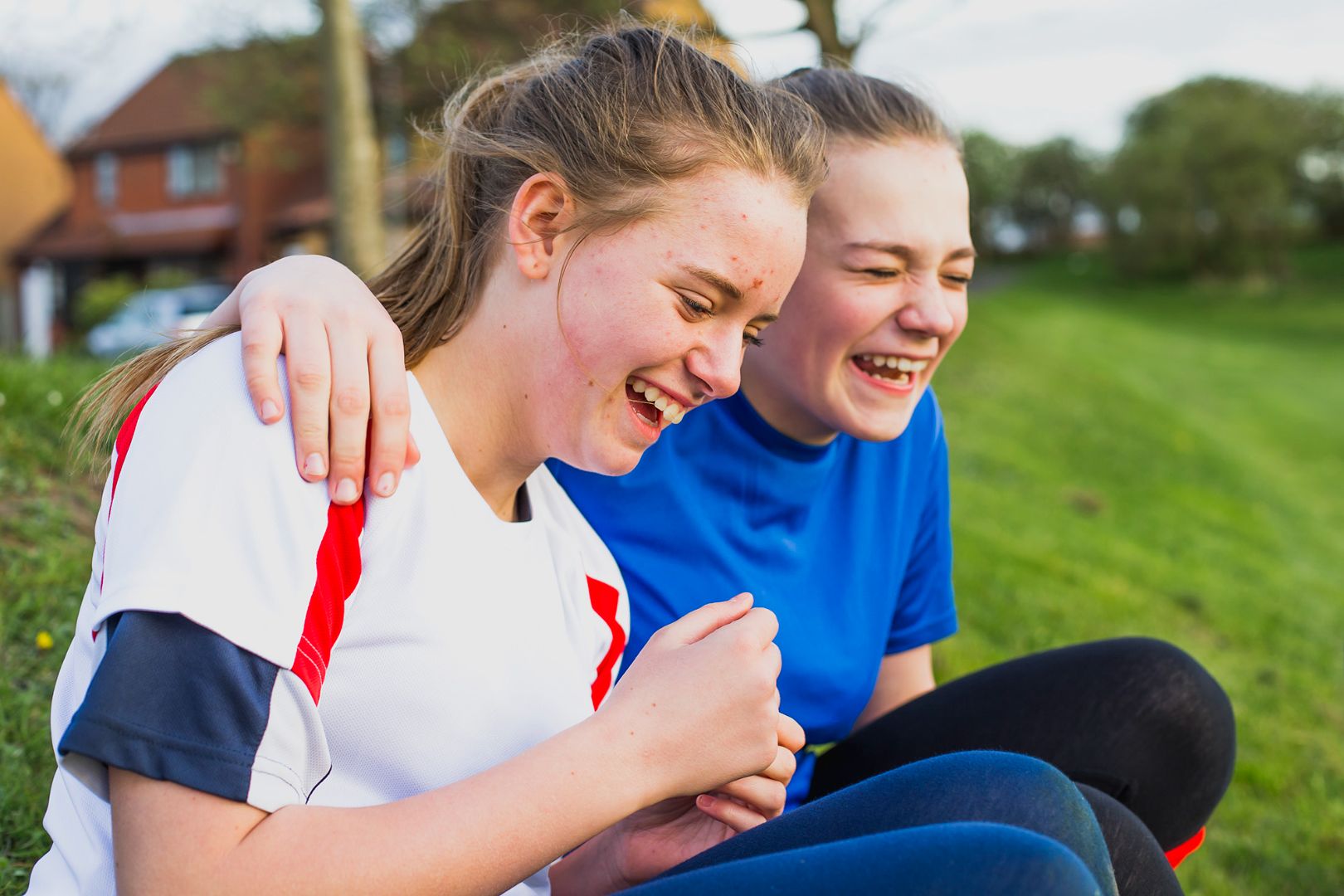Positive and healthy relationships with friends, family, and others can help you feel part of a community that is supported, safe and positive. Being in an unhealthy relationship can make you feel negative, anxious, or not free to make your own choices.
Feeling empowered will help you make positive decisions which in turn will keep you feeling safe and good. To find support, information or advice see the sections below:
Intimate relationships
Curiosity about bodies and sex is a normal part of development. BBC Bitesize has resources that explore sex, sexuality and healthy relationships.
The Brook website provides advice and information on healthy relationships and dating and as well as on challenges that can occur within relationships.
Social skills and making friends
Social skills are your ability to interact and communicate with others. You can do this by verbal (talking) and non-verbal communication (body language). There can be ‘unwritten’ rules that are hard to make sense of – for example whilst it can be fine to hug a family member it might be frowned on if you decide to hug your headteacher!
Social skills
You may find social situations overwhelming and unpredictable. Working out social cues and making friends may not come naturally, which can lead to you feeling isolated or anxious. It is important that you stay to true to yourself. Lots of people find these skills difficult but you can build your confidence and develop these skills over time.
Some ideas to try are:
- Before joining a social situation find out a bit more information so that you know what to expect
- Be selective about social events and don’t be afraid to say no.
- Find a passion and join a group (e.g. sailing club, Scouts/explorers). Having a shared interest can give you a good basis to have interesting conversations.
- Structured situations are often easier to navigate so try organising or joining in with activities such as bowling, mini golf, hiking etc.
- Spend time with people you feel comfortable with to build your confidence.
- Little and often might be better than trying to do a lot of socialising in one go.
- You might find socialising through online platforms easier whilst you build your confidence.
- Take some time-out after social situations to manage any anxious feelings and to recharge.
Making and keeping friends can sometimes feel tricky. Some people find it easy and exciting, and others find it much more challenging. This is completely normal.
Starting at a new school means new classes, subjects, teachers but can also mean making new friends! It is normal to be worried or anxious about this. This BBC Bitesize page on Finding Friendship: How to make friends at school offers some helpful tips.
If you have autism, you may find that this Autism Understood website about autism for autistic young people contains useful information on friendships and relationships.
Youth Hubs
Youth Hubs contain information and advice about education, health, help finding work, and preparing for adult life. They also have details of a wide range of social, art and sporting activities in your local area. Each borough has a Youth Council which provides opportunities for young people to become involved in decision making processes and co-produce activities.
Your local youth hubs can be found here:
Hammersmith & Fulham: Action on Disability Youth Scheme provide a fun and safe environment for young people to make friends, learn new skills and become more independent. They offer a wide range of activities including sports, workshops, cooking, yoga, art, games and much more. Free to Hammersmith and Fulham residents and a fee charged for out of borough residents.
Hammersmith and Fulham Mencap Youth and advocacy offers the following services to young people and adults with learning disabilities:
- My Life: Support Service and Activity Centre
- Youth Develop Project and Community Advocacy: The Youth Development Project is tailor-made programme for anyone aged 13-25 with a learning disability or autism who lives or goes to school/college in the Hammersmith and Fulham area. The project focuses on skills development, self-advocacy and social inclusion.
- Social activities
